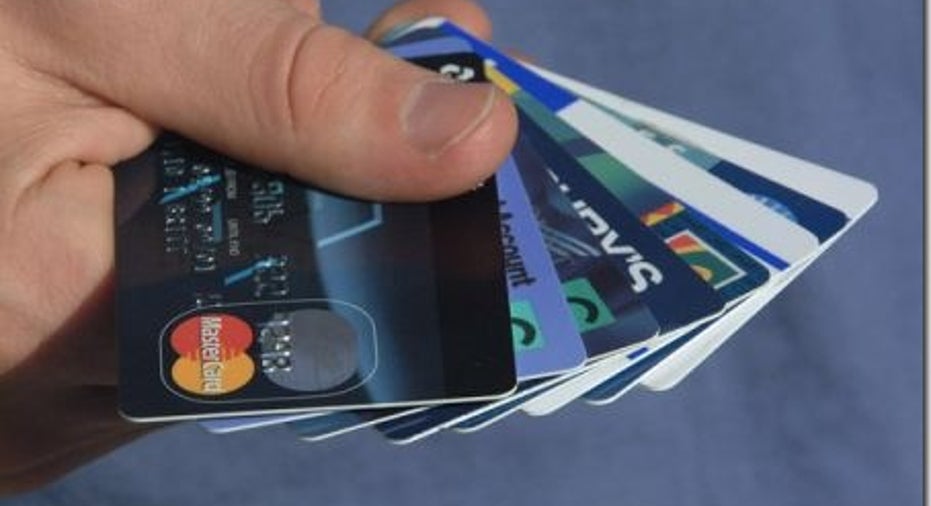Co-Signing Your Kid's First Credit Card: Bad Idea?

If your child is in college or will soon be turning 18 years old, you may have toyed with the idea of letting him or her get a credit card.
But should you co-sign for that card?
Financial experts offer a range of opinions on the topic.
"It's important for young people to have something to help them out if they're in trouble or facing an emergency, so I can see why some parents would want their kids to have a credit card," says Eric Bell, founder of YoBucko, a financial education website for 20-somethings.
"But when it comes to co-signing, I have mixed feelings," Bell adds. "If someone can't get a credit card on their own, there's probably a reason."
Bell says he's seen plenty of young adults "spend way too much on their credit cards" and then parents wind up footing the bill or worse: the parents' own credit rating gets tarnished because they cosigned and the kids didn't pay their credit card debt as agreed.
Courting trouble and temptation?
So in Bell's view, parents who co-sign for a child's credit card before that child is ready may be inadvertently promoting their offspring's bad credit habits and courting their own credit catastrophe.
His best advice to parents: encourage your child to get a debit card instead of a credit card. Says Bell: "The good part about having a debit card is if you don't have the money you can't get the money or anything else you want. It's as simple as that."
But what if your child is fairly responsible with money, only lacking experience with credit because of his or her age? He or she might have already been "pre-qualified" by a credit card issuer and may be currently inundated with credit card offers.
"Credit card companies love to hammer new students and new graduates with seemingly generous offers of unsecured credit cards. Don't take the bait," says Gabe Albarian, the author of Financial Swagger, a personal finance book for young adults.
"There are other ways to establish credit without opening yourself up to the slippery slope of introductory interest rates that change after six months or the temptation to use that credit to live above your means," Albarian adds.
Avoid certain pitfalls
Jesse Ryan, managing director at Accounting Principals, thinks helping your child to get a card can be a good idea - but only if you both avoid certain credit card pitfalls.
His suggestions: If you have a child who's preparing for college, or is already in school, he or she should take out just one credit card to be used only for emergency purposes.
"Applying for too many credit cards and then charging many small items to each card will fast track you into debt because those small expenses quickly add up," says Ryan.
He also recommends that both parents and students choose wisely when it comes to credit cards. "Look for a card with a low interest rate and no annual fee. Also try to get a credit card with a rewards program so that you can earn points or cash back on your purchases. You can even earn points on your tuition."
One major mistake, he notes is that young adults too often overuse their credit cards. This can be especially true for young people who know that mom or dad has co-signed on a card and will be there to bail them out if necessary.
For this reason, and to guard against unnecessary finance charges, be prudent in what you charge. "Avoid putting ALL expenses on credit cards just to get the points, as many times the interest you end up paying far exceeds the points earned," says Ryan.
The impact of credit card reform
One final consideration, from a practical standpoint, is that the Credit CARD Act of 2009 has made it more difficult for young adults to obtain credit cards on their own.
In years past, many young credit card applicants, especially college students, could simply sign on the dotted line for a card. Now, individuals under the age of 21 have to show credit card issuers that they have a job or a source of income to repay their debts.
Those without jobs have just two options for getting their own unsecured credit cards: finding a co-signer, or being added as an authorized user to someone else's credit card account.
In both cases, the person who typically helps out the young credit newbie is - you guessed it - Mom or Dad.
The original article can be found at CardRatings.com:Co-signing your kid's first credit card: Bad idea?



















